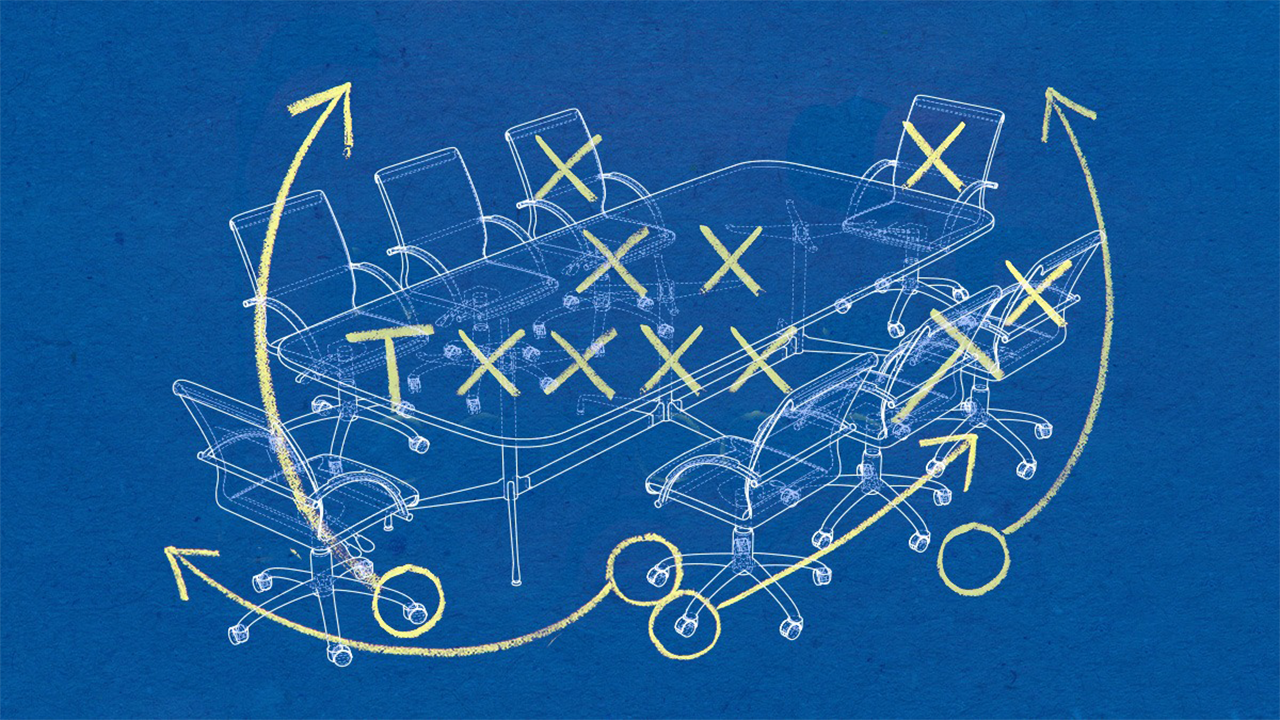How Boards Add Value in a Crisis

When a company finds itself in crisis, what is the role of the board and its directors?
We discussed a recent company snafu in a previous blog and I make a regular study of companies which make the headlines due to their poor governance (Theranos, Wirecard, Wells Fargo, Toshiba) as well as those who pass under the radar.
No doubt in your executive life, you’ve faced difficult decisions. Surely, it should be the same as a board director, right? Roll your sleeves up and get stuck right in.
But that’s management’s job, right? You can’t have too many cooks in the kitchen.
Based on conversations I’ve had with clients and friends, one of the biggest issues is that, as a board director, you may not have a sense of what your role is, individually and collectively to ensure the company can weather a big storm.
There’s a temptation to think that management is handling it and your job is to make sure that you are the sounding board they need. But what if the problem is intertwined with management or includes turf wars or people problems that might have a material effect on the company?
Having the gumption to step in and see what is needed can be a crucial skill that can add value to your service as a board member. Executives would also do well to consider how they might leverage the full potential of their board in a crisis.
A few things I’ve learned:
Immediate situation. Stability and communication are key.
When a crisis happens, the board can be blindsided. They may know one piece of the puzzle, for instance that there is looming financial pressure or a regulatory change. Other pieces, like a key sales person leaving, health and safety issues or an activist investor showing up on the scene might be new. Usually a crisis means a complex combination of failures that were not foreseen.
The board can be useful in the short term by ensuring people inside the organization are reassured and a plan of action to deal with the crisis is in place.
For example, one Chairman I know made himself available to staff in the canteen each Friday at lunch to take some of the heat off of the CEO. The CEO needed to fight immediate fires when the Chinese government launched an austerity campaign that decimated their product sales overnight. The Chair could focus on reassuring vendors and staff that all would be well.
Medium term.
How can the board best prepare the company for possibilities in a way that ensures the best possible outcome for the company? The board member’s fiduciary duty is to the long term sustainable success of the organization. Preparing for multiple scenarios, good and bad, as a board, can be helpful to determine what information is required, consider the board's role in strategy or communications and understand what temporary roles people on the board may play in finding outside assistance.
If there is an investigation, this is the time to consider and prepare for what happens after the investigation.
Longer term board effectiveness.
You are in a position to upgrade your board governance to ensure there are proper controls and procedures that will enable you to better play your role as a board. If you’ve been surprised, consider what processes will help you understand risks earlier such as a dashboard reporting to the board audit or risk committee that takes into account employee surveys, customer complaints, whistleblowing activity or media mentions. Provide those on the board with clear understanding of roles and expectations, tailored to the strategic ambitions of your company and, of course, regulatory requirements. To set your board up effectively for the next stage of the company’s development, carry out a board evaluation that aligns with your future direction, rather than past requirements.
While difficult, these moments of crisis can be pivotal times for the organization. Having some perspective gives you the opportunity to take advantage of a crisis rather than just trying to make it go away. Resilient boards bounce back stronger than before.
What kind of questions do you have about how boards can be effective?

